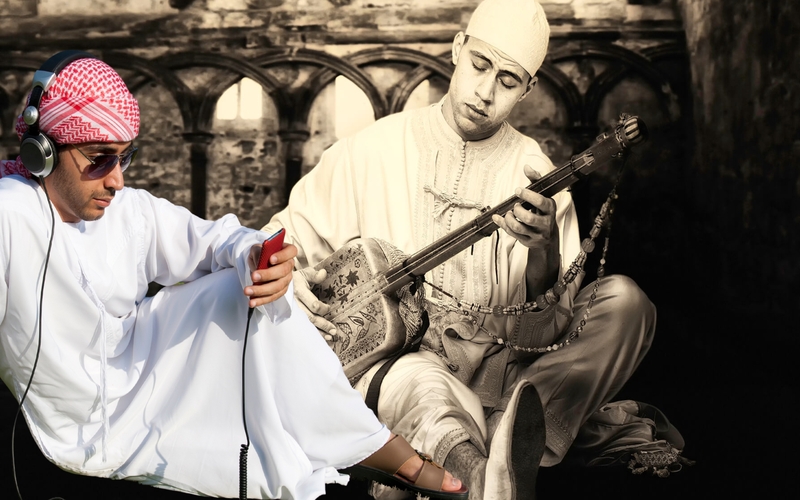In the Muslim world, one of the most debated cultural topics is whether music and entertainment are halal (permissible) or haram (forbidden) in Islam. Like many issues in religion, the answer isn’t simple—and it depends on interpretation, culture, and context.
Why the Debate?
The Qur’an does not explicitly forbid music. However, some scholars refer to certain hadiths (sayings of the Prophet Muhammad) that seem to criticize music or link it to sinful behavior. Others argue that these hadiths are weak in authenticity or misunderstood.
So, Muslims have been discussing this for centuries, and there are different schools of thought.
Two Main Views:
🔹 Conservative View: Music is Haram
Some traditional scholars believe music is harmful because:
-
It distracts people from prayer and the remembrance of God.
-
It can promote immoral behavior (like drinking, partying, or lust).
-
It was associated with pagan practices and idolatry in early Islamic history.
These scholars might allow limited use of voice-only religious songs, such as nasheeds (Islamic chants) or drumming during special occasions like weddings or Eid.
🔹 Moderate View: Music is Halal (With Conditions)
Other scholars argue that music itself is not haram, but it depends on the lyrics and purpose. They believe:
-
Music that encourages good values (peace, love, patience, gratitude) can be positive.
-
It becomes problematic only when it promotes sin (drugs, violence, disrespect).
-
The Prophet didn’t ban all music—some companions sang or used simple instruments like the duff (a type of drum).
Modern Muslim Views
Today, Muslims around the world have a wide range of views:
-
In countries like Turkey, Indonesia, Egypt, and among many Muslims in the West, music is common in daily life.
-
Islamic pop, hip-hop, and even rock have emerged, with artists blending religious themes into modern sounds.
-
Some still prefer to avoid music altogether, especially in more conservative communities or among followers of strict interpretations (like some Salafi scholars).
What About Entertainment?
Just like music, movies, TV, and art are not automatically haram. What matters most is:
-
Content: Is it promoting good or evil?
-
Effect: Does it draw someone away from their faith or obligations?
-
Purpose: Is it for education, rest, inspiration—or is it leading to sinful behavior?
Summary:
| View | Belief |
|---|---|
| Conservative | Music is mostly haram due to its link to sin and distraction. |
| Moderate/Modern | Music is halal if it promotes good and avoids sinful themes. |






